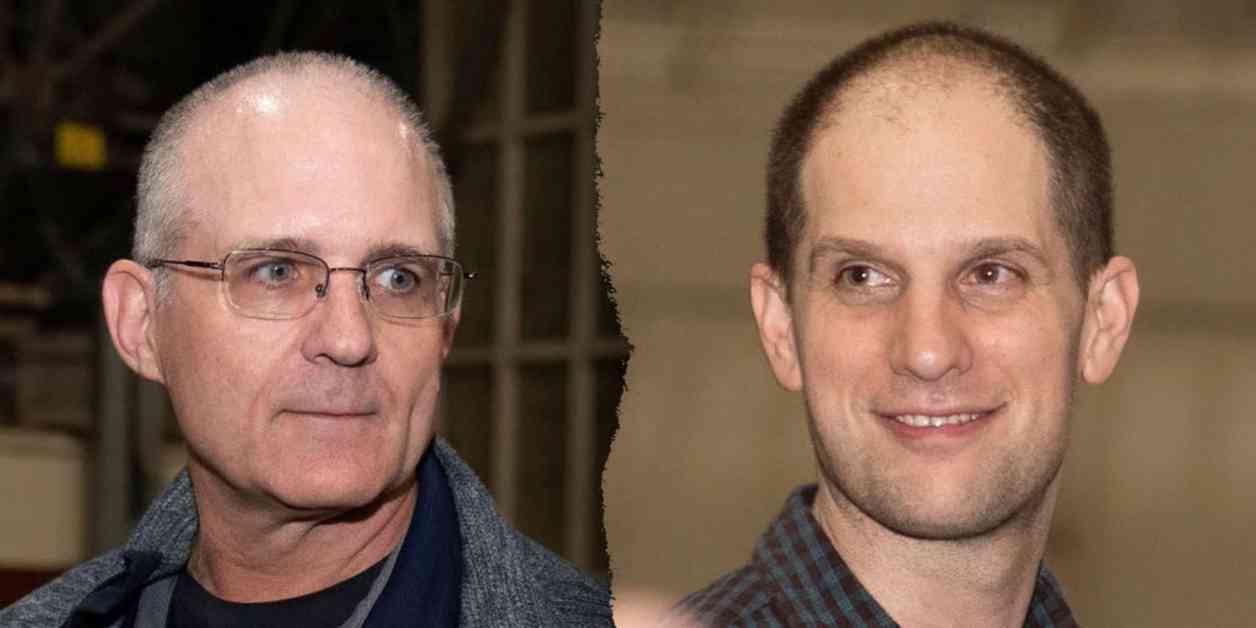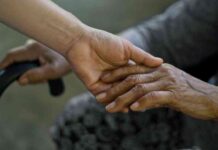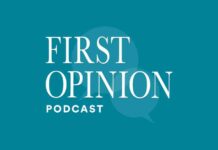Thursday’s release of American prisoners from Russia was a moment of celebration and relief. Wall Street Journal reporter Evan Gershkovich, American veteran Paul Whelan, and Russian-American journalist Alsu Kurmasheva were among those released in a prisoner swap. The freed Americans were greeted by President Joe Biden and Vice President Kamala Harris upon their arrival at Joint Base Andrews in Maryland.
While the prisoners are now back in the U.S. and with their families, mental health experts warn that they could face future health challenges due to the trauma of their detainment. Dr. Norman Blumenthal, director of the Ohel Zachter Family National Trauma Center in New York, highlighted the uncertainty and stress that can arise from such situations, potentially leading to an escalation of trauma.
Dr. Karen DeCocker, a psychiatric mental health nurse practitioner director, noted that being held captive can result in various types of trauma, with symptoms varying from person to person based on their experiences. Experts predict that Gershkovich, Whelan, and Kurmasheva, along with other released prisoners, may suffer from acute stress disorder (ASD) and post-traumatic stress disorder (PTSD).
Symptoms of trauma can include dissociation, survivor’s guilt, interpersonal and relationship issues, self-esteem and identity issues, as well as cognitive distortions. Overcoming trauma involves taking time to heal and recover, embracing daily routines, avoiding triggers like excessive social media exposure, and seeking professional help if symptoms interfere with daily functioning.
It’s essential for the freed prisoners to have the space and privacy needed to process their experiences at their own pace. They can benefit from retelling their stories to supportive listeners, engaging in talk therapy, psychiatric support, relaxation techniques, and potentially medication. With the support of loved ones and professional help, individuals can tap into their resilience and hope to navigate the challenges of post-traumatic recovery.
As the released prisoners adjust to life back in the U.S., the road to recovery may be challenging but with the right support and resources, they can work towards healing and resuming normal functioning.

















